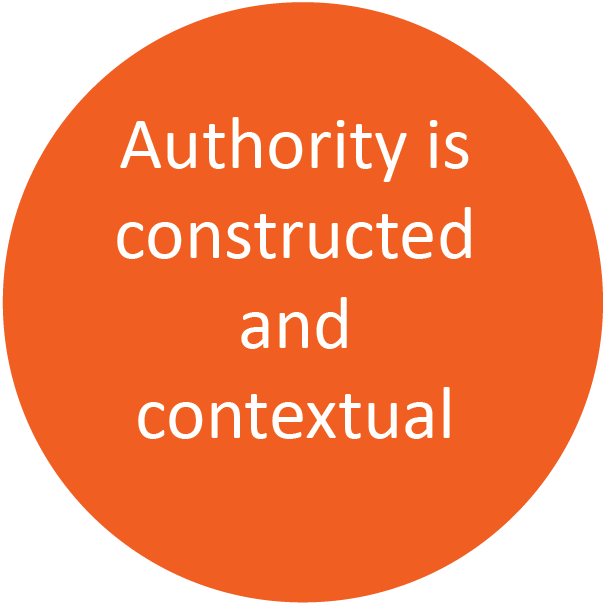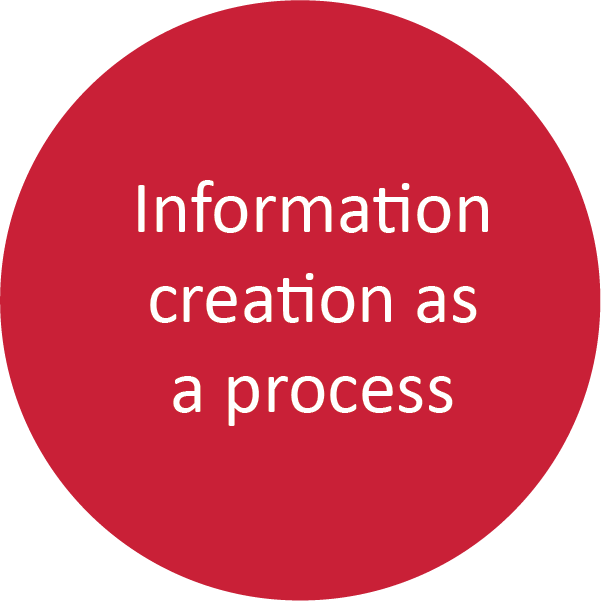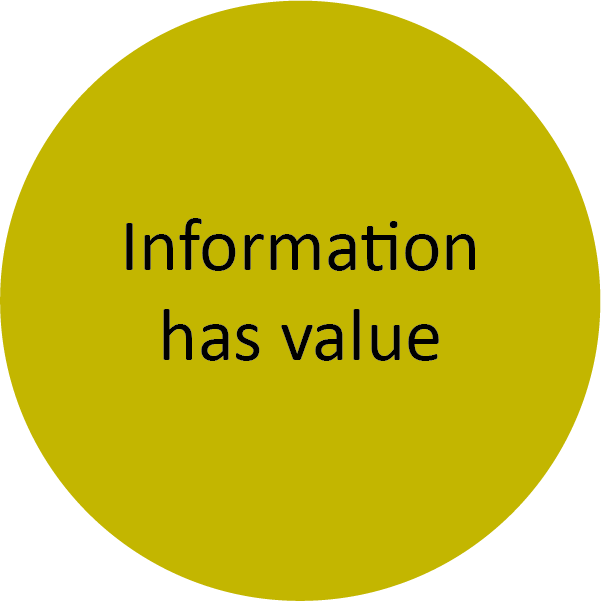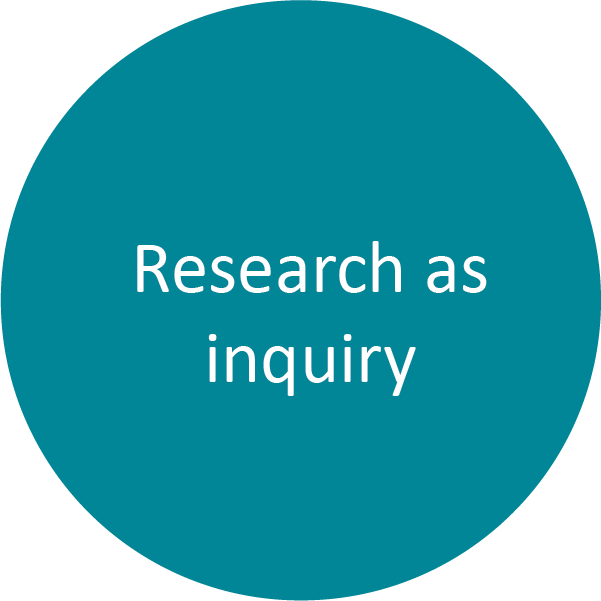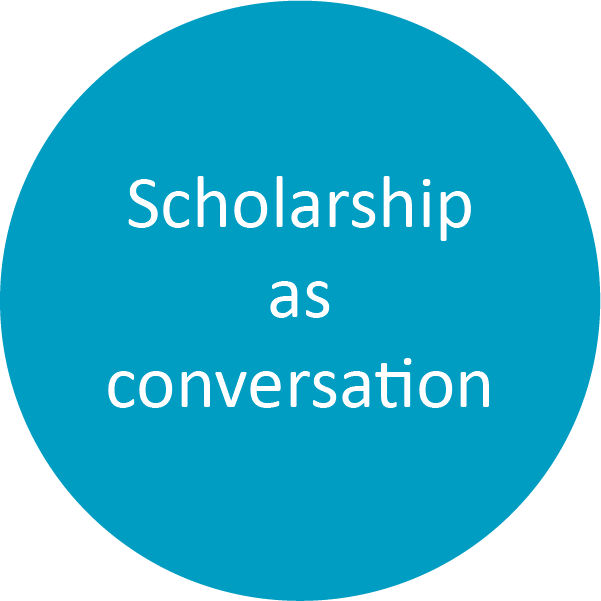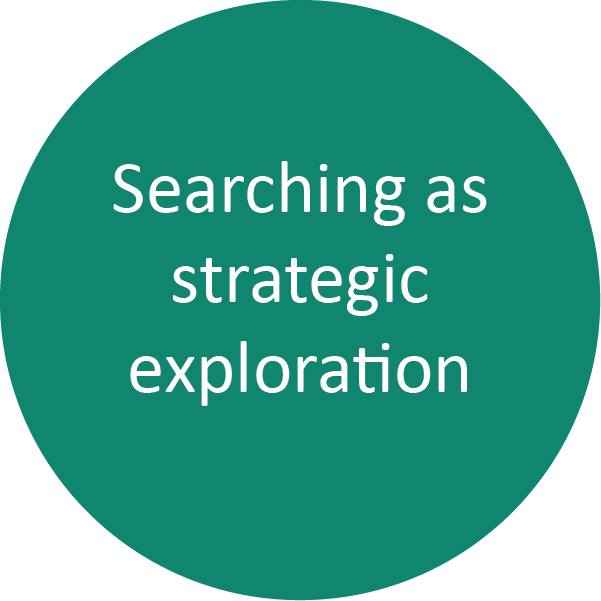Developing Information Literacy Skills with the Clark Library
Welcome to the University of Portland and to the Clark Library! The Clark Library is located at the heart of campus and provides an array of online and print materials. The Clark Library librarians partner with your professors to teach productive search strategies, effective research tools, and standards for using information legally and ethically.
Our goal is to help you develop skills to locate relevant resources for class assignments and projects. We save you time by teaching evaluation strategies to assist you in finding appropriate materials. We introduce the scholarship in a discipline through database searching and resource selection. We support novice researchers in their projects and research tasks through instruction, reference questions, and consultations. These skills and abilities will serve you well in your course work and in your future career.
The concepts defined below are those you will hear emphasized in the library’s instruction program. Each of these concepts will be interwoven within your curriculum at the University.
Authority is constructed and contextual: The authority of the author helps the reader determine the credibility of the information under review. Evaluating the author’s credibility depends on the context of how or why they created the information. It also depends on your specific information need. For example, an actor may be an excellent authority on movies in which they starred but may not be the most credible on the science of climate change.
Information creation as a process: Creating information takes time and follows a process that may differ depending on the type of information being produced. A lab report requires a different process than what might be used to create a research paper or podcast. The information creation process is also guided by the intended audience and the standards by which the information will be evaluated.
Information has value: The right information at the right time can be essential to a paper or a life decision. Value can be determined by price, importance, and significance or meaning. Academic sources, such as journals, are not always free and may only be available to subscribers. The library subscribes to many academic resources to ensure that important and relevant information is available to students for their academic assignments.
Research as inquiry: Research can be described as a problem-based discovery. The skills of searching, evaluating sources, reading closely, and thinking logically all assist the process of research. The inquiry process ensures that researchers ask better questions and find and evaluate appropriate information. The inquiry process does not end until the researcher feels that the question has been answered to the best of their ability.
Scholarship as conversation:Scholars communicate with one another about what they are working on, what they have learned, and the things about which they still wonder. They communicate through journals, books, blogs, social media, and at conferences. These communications include disagreements and arguments as part of the conversation. These conversations are essential to developing a shared base of knowledge to draw upon for further inquiries.
Searching as strategic exploration: Finding the relevant information to answer a question can be difficult. Currently, our world is awash in information, but it is not always easy to see if the information is someone’s opinion or an expert’s conclusion. The information may lack enough context to make a quick evaluation. Locating the best information requires thinking critically, strategic searching skills, and an understanding of the information landscape. A helpful first step is to begin with an exploration mindset.

